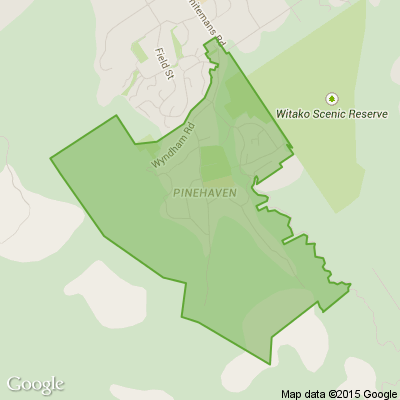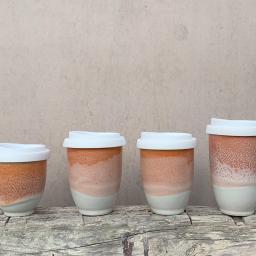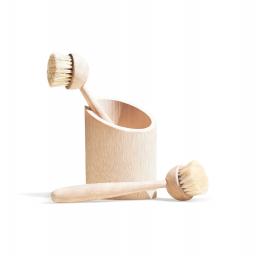11 Easy Eco Swaps That Will Help You Reduce Plastic And Waste
By switching this for that, you can make your household tread more lightly on the earth
.
1. Soap bars
Ditch plastic bottles in favour of solid shampoos, conditioners and dish soaps (Ethique and Ahhh Cosmetics offer good locally made options). To help these products last longer, invest in the Dunedin-made Block Dock to ensure your soap dries properly between uses.
2. Metal pegs
Bento Ninja’s stainless-steel Forever Pegs won’t go rusty and they last longer (and look nicer) than their plastic counterparts.
3. Ceramic coffee cups
If you buy coffee on the go and don’t have a reusable cup yet, this should be the one swap you make right now. There are lots of beautiful options, including these Pottery for the Planet cups, from AU$25. Also keep an eye on uyo.nz, which has a guide to the cafes that will let you bring your own cup, container and much more.
4. Biodegradable dish brush
Bye, bye plastic dish brush, hello wooden brush with replaceable, biodegradable head. Yeseco Dish Brush $15.95; replacement heads $16.95 for 3, are stocked at Natural Things. (Bench organiser sold separately)
5. Reusable straws
Swap disposable straws for reusable or biodegradable options. Just $19 will buy you three glass straws, plus a cleaning brush and bag made in New Zealand from offcuts so you won’t be caught out next time you order a cocktail or smoothie.
6. Bulk buy
Reduce your plastic packaging by shopping for pantry staples at a bulk foods store. If you don’t live near a good one, Wanaka-based Honest Wholefood Co offers a local delivery service, as well as a nationwide postal option.
7. Beeswax wraps
Cling wrap can’t be recycled, even in the soft plastic recycling scheme, so switching to a reusable option is an easy environmental win. Try Hawke’s Bay-based LilyBee wrap for the ultimate beeswax solution. From $7 for a small wrap.
8. Reusable takeaway containers
Keep a container and cutlery in your bag or car and say no to takeaway packaging. Australian company Ever Eco makes beautiful stainless-steel containers, tumblers and reusable cutlery, as well as other useful eco objects. Little Bird Organics stock the handy products too.
9. Shopping bags
Now that supermarkets have gone plastic carry-bag free, an eco bag is an essential swap. Don’t forget to also bring produce bags for fruit and veges, and containers for the butcher and deli.
10. Cloth wrapping
Save on wrapping paper, tape and ribbon, and practise the Japanese art of furoshiki (cloth wrapping) with this reusable linen gift wrap. Alternatively, cut up vintage fabric, or reuse wrapping paper and ribbons along with paper tape.
11. Portable ply laptop stand
Instead of buying a plastic or metal laptop stand, check out the Happy Lappy, made in New Zealand from sustainably sourced plywood. The best part is your purchase of the portable stand will see 20 trees planted in Madagascar.
Words by: Fiona Ralph. Photography by: Bauer Syndication.
Poll: Should the government levy industries that contribute to financial hardship?
As reported in the Post, there’s a $30 million funding gap in financial mentoring. This has led to services closing and mentors stepping in unpaid just to keep helping people in need 🪙💰🪙
One proposed solution? Small levies on industries that profit from financial hardship — like banks, casinos, and similar companies.
So we want to hear what you think:
Should the government ask these industries to contribute?

-
60.1% Yes, supporting people is important!
-
23.4% No, individuals should take responsibility
-
16.5% ... It is complicated
A Neighbourly Riddle! Don’t Overthink It… Or Do?😜
Do you think you know the answer? Simply 'Like' this post if you know the answer and the big reveal will be posted in the comments at 2pm on the day!
If you multiply this number by any other number, the answer will always be the same. What number is this?

Wheelchair Needed
Hi, there fellow people of my community, I'm currently looking for a wheelchair for my longtime patient as the older he gets the less mobility he has, if anyone knows of a wheelchair for Free or Cheap that would be greatly appreciated. Please txt me or email. 022-176-3899











 Loading…
Loading…




